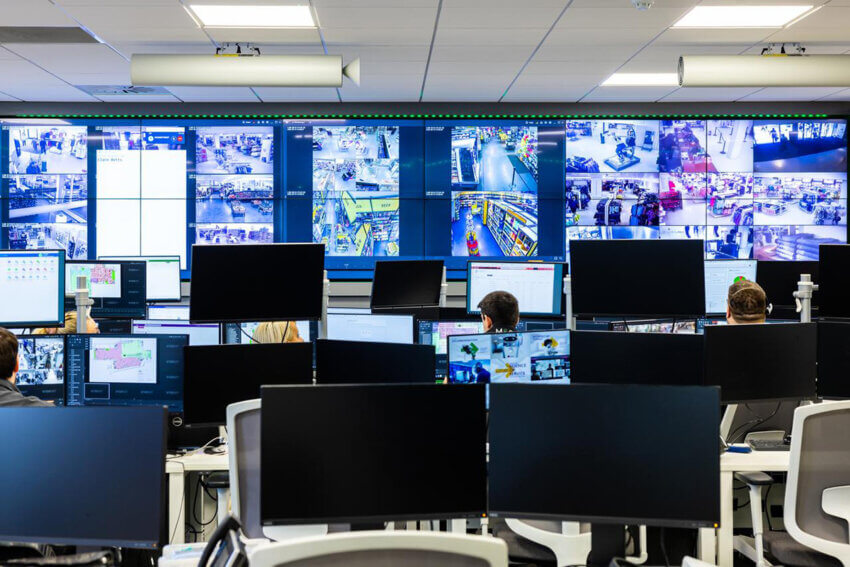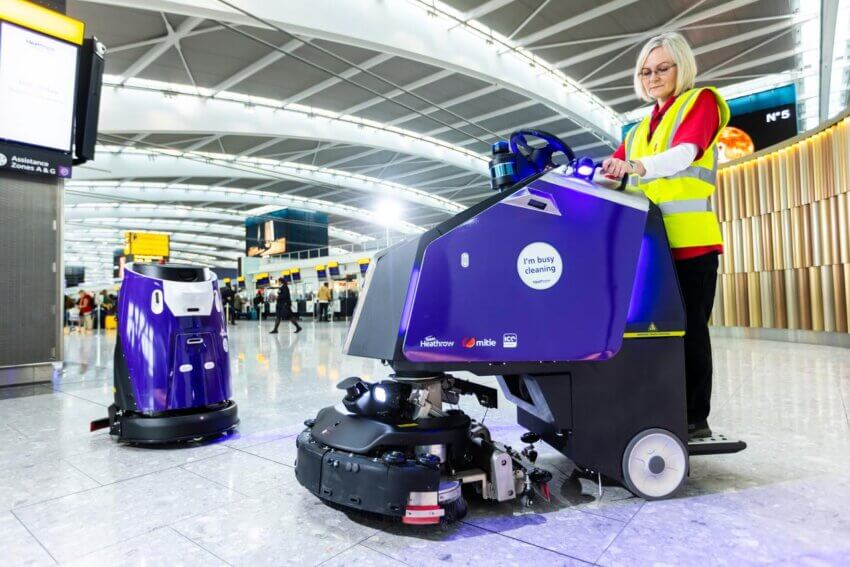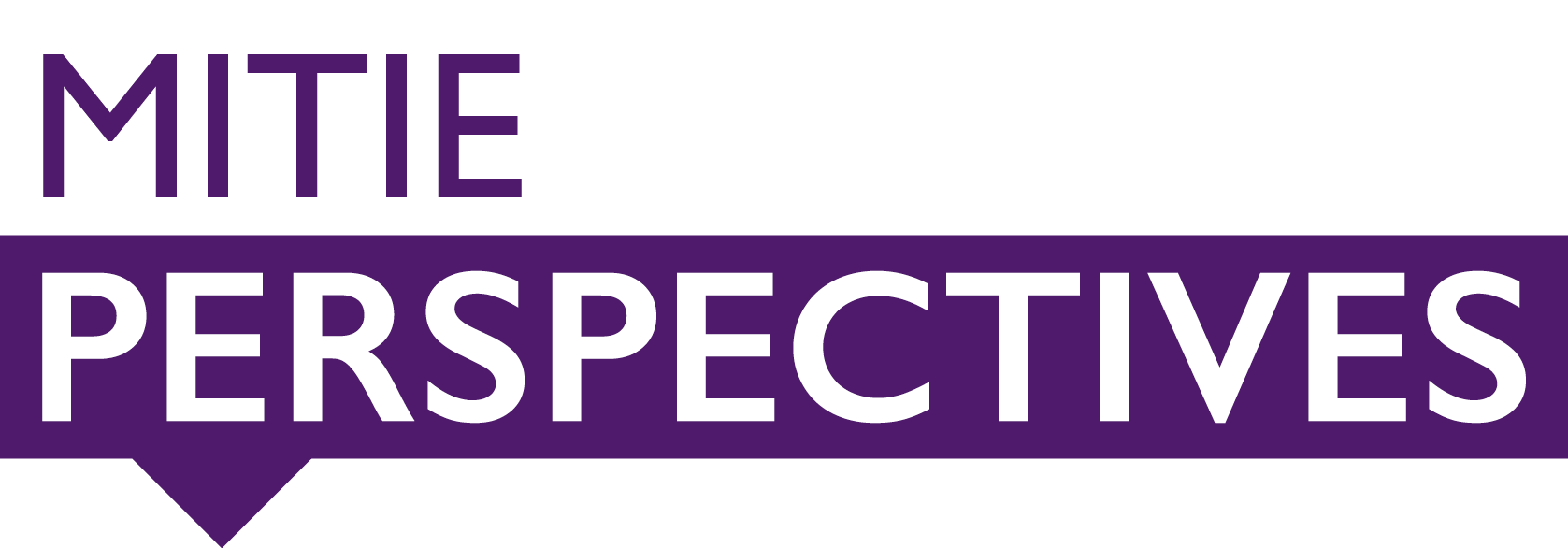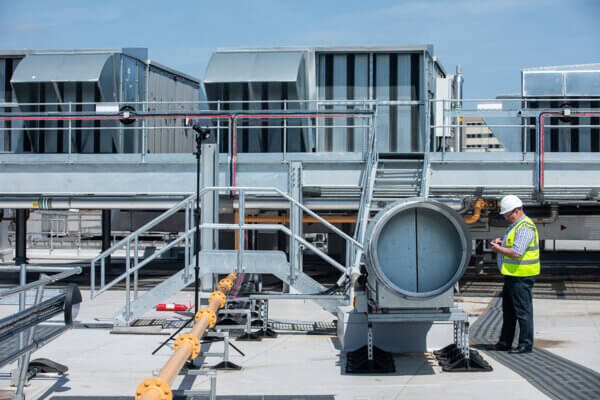With AI, organisations will sink or swim

When Open AI’s ChatGPT achieved over 100m monthly users in six months, it demonstrated the appetite for generative artificial intelligence (AI). Tech giant Microsoft had already invested $1bn (£784m) in the company back in 2019. That figure has since soared to $13bn (£10.2bn). The sentiment couldn’t be clearer: “We knew it was going to be big. But did not expect it to be this big!”
Yet the enthusiasm among individual users hasn’t quite been reflected in how organisations are getting to grips with the transformative technology.
For this Perspectives article, Mitie’s Chief Digital and Product Officer, Anindya Biswas, reflects on the world of opportunity that has opened up, all thanks to AI.
He believes organisations must embrace the technology – or risk terminal decline.
Enhancing margins is one of those perennial problems for many organisations.
With costs rising, crowded markets and a generally challenging business landscape, how can margins realistically be increased?
I’m a firm believer in AI and its ability to contribute to healthy margins, even in the most difficult circumstances. In fact, organisations that fail to get on board risk losing out, falling behind and potentially sinking without a trace.
Let’s explore why …
Unleash the power of unstructured data
As the UK’s largest facilities management company, Mitie has a huge amount of data.
Much of this is structured – the time people begin work, the confirmation that a job has been completed and how much we pay for each colleague’s wages. These are definitive figures and most companies have access to similar.
But what about unstructured data? I’m talking about an engineer’s log notes. A cleaner’s photograph or video of a spill. Security incident reports from a city centre supermarket. These are examples of unstructured data. Making sense of it and producing insights that inform how things are done has proven difficult. Until now.

That’s because AI can look for patterns and provide useful analysis far faster than humans. This is a step change in facilities management. The insights and analysis produce recommendations, pointing organisations towards things they can do, and implementations to make, that will deliver margin-enhancing efficiencies.
For example, AI is identifying theft patterns in the retail environment. This is enabling Mitie to predict the type and time of each theft risk – and redeploy security operatives as a preventative. This risk-based deployment minimises losses and increases efficiency. It’s a win-win for our customers and Mitie. Similarly, based on historical maintenance data and engineering log notes, we can predict asset failure with a high degree of accuracy. This is enabling us to better plan engineering visits, increasing the rate of first-time fixes by 10% and increasing asset up-time by up to 95%.
Don’t let concerns block your goals
Despite the advantages of AI, there continues to be scepticism and reluctance in some organisations. AI is central to Mitie’s promise of delivering facilities transformation, and with it, greater efficiency, insight and agility. That’s why we’re encouraging customers in many sectors to share their data with us. Growing the data set increases the quality of the insights, which in turn drives greater value. Ultimately sharing data optimises what you get from AI.
While there may be concerns around proprietary issues or security, the benefits that AI brings are transformative and too great to miss out on. I would also highlight that Mitie operates to the highest standards of cybersecurity. We continually monitor, evaluate and enhance our systems. We achieved an A(98) rating from SecurityScorecard, which is the highest in the FM industry. Meanwhile our use of AI aligns with the ISO42001 AI management system standard. So, Mitie is committed to safeguarding all data in our care, giving customers peace of mind and making sure they benefit from the power of AI.
From input to output-based FM
AI has been around for over 50 years, but we’re only at the start of AI in FM. We already know that its impact on the sector will be huge. In fact, it’s facilitating the switch from input to outcome-based delivery. Let me explain how, using cleaning as an example…
Traditionally, cleaning was about input. A company would pay their FM partner to provide a set number of cleaners for a set number of hours on set days. They would cover a certain square footage in this time. This productivity matrix is typically the same across all cleaning companies and doesn’t leave much room for greater efficiency.
Now with sensor technology and AI, the input-based approach is being turned on its head, becoming output-based. Customers don’t want to pay their FM partner to just turn up and do a job. They want to create a better experience and outcome – and organisations need to be ready for this.
Consider an airport that has implemented sensors to drive quality data and support intelligent cleaning. Cleaners will have access to a platform on their handheld devices showing which toilets have had most footfall and therefore need their attention. If toilet paper is running out, they have prior warning to put it right. They’ll see which soap dispensers are low, so they can be topped up before there is a negative impact on washroom experience.

For the airport, it’s not about their FM partner cleaning toilets a certain number of times in one day. It’s about upholding passenger satisfaction so that people visiting the WC give positive feedback and hit the smiley face button you increasingly find on the way out of public conveniences. It’s not the hours delivered that matter, but the outcome. This outcome-based delivery encourages a partnership approach between the FM provider and the customer. Together they’re building a better environment for passengers and creating efficiencies – thanks to sensors and AI paving the way to intelligent cleaning solutions.
The FM of tomorrow
A new era of AI is redefining the FM industry and what customers expect to achieve through data from their buildings and services. Facilities transformation is ultimately about people – both improving experience and empowering colleagues to embrace AI and accelerate their careers. That’s why Mitie has made ‘Unlocking potential and empowering people’ the first of our five AI commitments. We also have a Responsible and Ethical Use of AI policy, as well as an AI ethics board, which we developed in collaboration with our global technology partners. AI augments what we do – it’s man and machine working together. Machine recommended, human verified.
I advise organisations to keep ahead of the AI trend. The dial is moving and there’s a risk of being left behind. How can you possibly improve margins, increase efficiency, enrich colleague engagement and elevate customer experience?
The two-letter answer is … AI.

Do you agree with Anindya? Share your thoughts by emailing anindya.biswas@mitie.com.
Read next
How we’re using AI to drive facilities transformation
As AI plays a growing role in facilities management, we share how Mitie is putting this transformative technology to use – and what that means for our clients. By Anindya Biswas and Michael Moulsdale…

Confronting the data centre controversy
I’m going to be honest. I love data centres. I’ve worked closely with multiple operators for the past decade and I have never tired of the futuristic environment. It looks like you’ve taken a…

Critical infrastructure, complacency creep and how to avoid it
There have been a few ‘pinch yourself’ moments in my career. One of them came when I descended into an empty water reservoir beneath one of the UK’s busiest transport hubs. It was a…